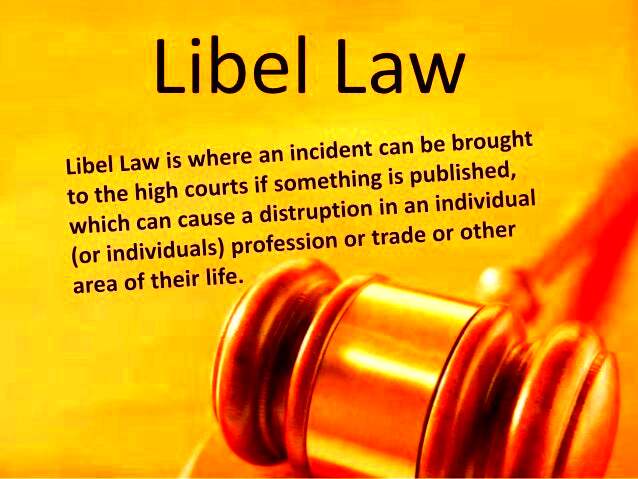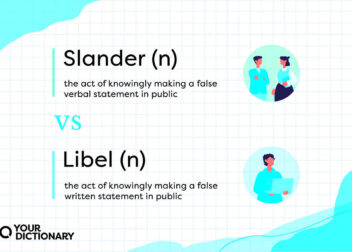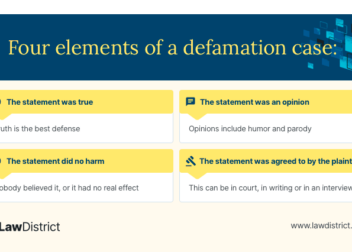Overview of Maryland Libel Law
The Maryland Libel Law is designed to safeguard the honor and reputation of people within our community. Libel involves statements that unjustly tarnish a persons character and Maryland law treats this matter with utmost seriousness. In an era where information spreads quickly a mere remark or social media post can leave a lasting impact. Just picture someone spreading falsehoods about you causing widespread circulation – the emotional repercussions can be overwhelming. This is precisely why Marylands judicial system has measures in place to assist individuals impacted by libel. Understanding your rights is crucial, in safeguarding yourself.
How Libel Differs from Slander in Maryland
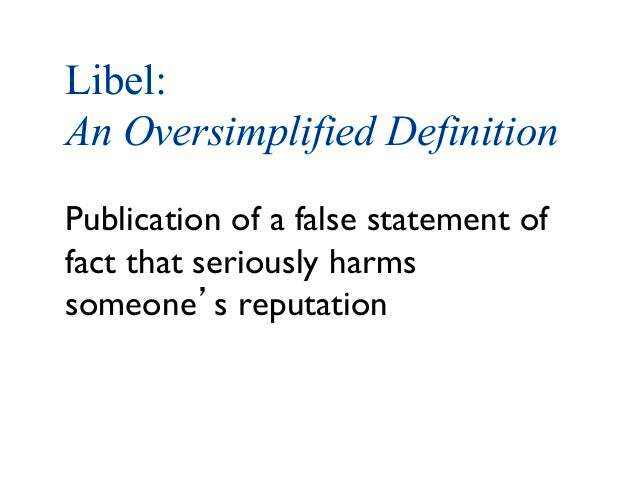
Why does this difference matter? The reason is that libel is seen as more damaging since written words have a way of sticking around and spreading far and wide. Both can tarnish your image but libel can be especially challenging to bounce back from due to its lasting impact. A solitary falsehood can linger on for an extended period inflicting hurt well beyond the moment it was revealed. Its akin to carrying a scar that never fades away.
Elements Required to Prove Libel in Maryland
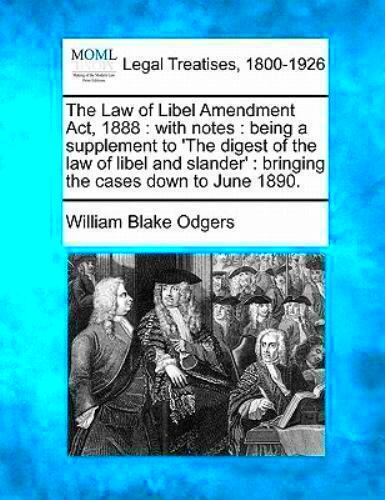
If you believe you’ve been injured by false statements it’s not sufficient to simply feel aggrieved. In Maryland you must establish certain key factors to succeed in a libel lawsuit.
- Defamatory Statement: The statement must have harmed your reputation.
- Falsehood: It must be proven that the statement was false.
- Publication: The statement has to be made public, even if it’s just shared with one other person.
- Fault: You must show that the person who made the statement did so negligently or with actual malice, especially if you’re a public figure.
- Harm: There must be proof that you suffered some form of damage, whether it’s emotional, professional, or financial.
Demonstrating these aspects can be challenging. I recall a dear friend who faced allegations in a piece. It took extensive legal negotiations to collect sufficient evidence, to prove that the author acted with intent and that the harm caused to his business was significant. The process was draining but with the evidence in hand it’s feasible to mount a defense.
Defenses Against Libel Claims
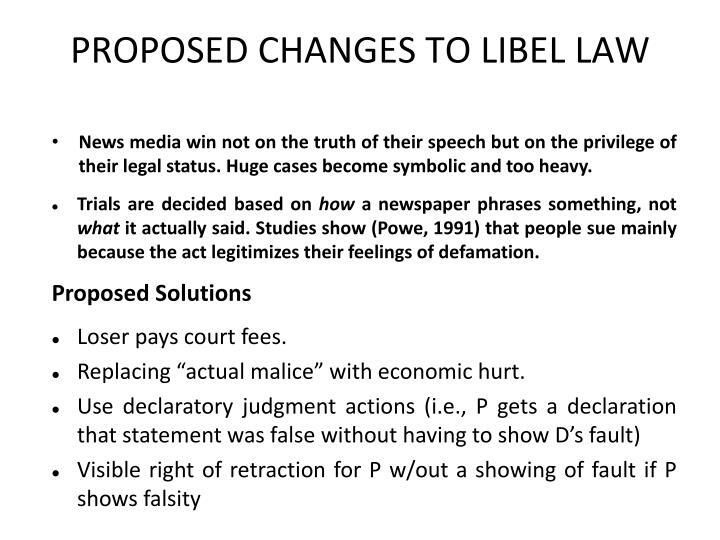
Getting accused of libel can feel like being stuck in a maze, especially when you believe what you said or wrote was fair. But Maryland law does provide certain defenses against libel claims, and understanding them can give you peace of mind. One of the most common defenses is truth. If what you said is factually accurate, there’s no libel. Truth, as they say, is the ultimate defense.
Another key defense is opinion versus fact. If your statement is clearly an opinion and not presented as a fact, it may not be considered libelous. For example, saying “I think this restaurant is terrible” is different from saying, “This restaurant causes food poisoning.” One is an opinion, the other is a damaging statement that could lead to a lawsuit.
There’s also the defense of privilege. In Maryland, some statements made in official settings like courtrooms or legislative chambers are protected, meaning you can’t be sued for libel. Think of it as a shield for people who need to speak freely in critical situations.
Lastly, there’s consent. If someone gave you permission to make a statement, they can’t turn around and sue you for it later. I once saw this unfold in a business setting where two parties agreed to settle a dispute publicly, only for one to later regret the agreement. Because they had consented, no legal action could be taken.
Grasping these defenses is important, particularly in dealing with challenging social or work scenarios. Its reassuring to see that Maryland laws find a middle ground between safeguarding freedom of expression and safeguarding reputations from harm.
Public Figures and Libel Laws in Maryland
When it comes to well known personalities the rules shift slightly. In Maryland and across the United States public figures such as politicians, stars and prominent business leaders have an obligation to meet when pursuing a defamation lawsuit. The legal system acknowledges that these individuals due to their fame or public position are more prone to facing scrutiny, criticism or even blatant untruths.
Here’s the thing: to win a libel case, a public figure must prove not only that the statement was false, but that it was made with actual malice. This means the person who made the statement either knew it was false or showed reckless disregard for the truth. It’s a tough standard, and rightfully so. Can you imagine if every celebrity could sue every tabloid that prints a nasty rumor? The courts would be flooded!
I recall a well known actor hailing from Maryland who found himself entangled in a lawsuit due to a false rumor circulating about his personal life. Despite the unfounded nature of the gossip he had to demonstrate that the publisher acted with intent to harm, which involved years of legal battles. While its challenging public figures recognize that such scrutiny is part and parcel of their profession.
For private people it’s a different story. They don’t need to show intent to harm which makes it simpler to protect their good name. This difference in treatment between public and private individuals is crucial in Maryland defamation law as it recognizes the difficulties that come with being in the spotlight.
How Maryland Courts Handle Libel Cases
Being part of a legal situation can be quite daunting, especially in the courtroom setting. The same holds true for libel cases in Maryland which tend to be lengthy, protracted and emotionally draining as both parties present their evidence to support or refute the claims of defamation. In my experience Maryland courts treat these matters with importance due to their impact on individuals reputations and livelihoods.
In a libel lawsuit the initial stage typically involves assessing if the statement in dispute is truly damaging to a persons reputation. Judges and juries consider factors such as the context, the message itself and the intended audience. They also determine whether the plaintiff who is bringing the case has provided sufficient evidence to support their claim.
One critical element in Maryland is the requirement to show damage. The plaintiff must demonstrate how the libelous statement harmed them, whether emotionally, professionally, or financially. This is where things get tricky. Proving damage isn’t always straightforward. For example, if someone’s business suffers due to a false online review, they’ll need to provide concrete evidence like financial records or customer testimonies to back up their claim.
When it comes to legal battles, courts take into account if the defendant has a solid reason to defend themselves such as truth or privilege. Its not merely about hurling accusations; the judiciary in Maryland carefully weighs free speech against safeguarding people from unfair harm. Based on my observations these cases tend to be deeply personal with heightened emotions on both sides. Ultimately the courts aim remains constant; to uphold justice in a manner that is fair and unbiased.
Common Consequences of Libel in Maryland
Going through a situation can feel like witnessing a tempest wreak havoc in your life. The impact can be wide ranging and profoundly intimate. In Maryland the repercussions of a case can be significant and diverse. As a victim you may encounter a series of effects that extend into both your personal and work life.
Firstly, there’s the emotional toll. Being falsely accused or maligned can lead to stress, anxiety, and even depression. I remember a friend who was a victim of libel; the constant worry about how others perceived her and the strain on her mental health were immense. The stress of dealing with legal proceedings only compounded her emotional distress.
Professionally, libel can have disastrous effects. Imagine someone spreading false claims about your business or professional conduct. This can lead to loss of reputation, reduced business opportunities, and financial setbacks. For example, a small business I know of suffered a significant drop in clients after a false and damaging review went viral online. It took them years to rebuild their reputation.
Another consequence is legal costs. Defending yourself against libel or pursuing a claim can be expensive. Legal fees, court costs, and potential settlements can add up quickly. Often, individuals find themselves spending more money than they anticipated, which can be a heavy burden.
Finally, there’s the long-term impact. Libel can leave a lasting mark on your personal and professional life, affecting future relationships and opportunities. Even after the legal battle ends, the scars of libel might linger, influencing how people perceive you for years to come.
FAQ About Maryland Libel Law
What is libel under Maryland law?
In Maryland libel refers to a statement that is written or published and falsely tarnishes someone’s reputation. This can encompass a range of things, like social media posts or newspaper articles. To qualify as libel the statement must be damaging meaning it harms a persons reputation unfairly.
How can I prove that I have been libeled?
Establishing libel requires demonstrating that the statement in question was damaging untrue shared with someone else made carelessly and resulted in harm. This usually entails collecting proof such as testimonies, financial documents and various other records to bolster your case.
What are some common defenses against libel claims in Maryland?
Typical defenses involve showing that the statement was accurate, arguing that it was an expression of opinion instead of a factual assertion or asserting privilege if the remark was made in a setting. Since every situation is different the success of these defenses may differ.
Can a public figure win a libel case more easily than a private individual?
Actually it’s the other way around. Public figures are required to demonstrate that a statement was made with actual malice. This involves proving that the defendant was aware of the falsehood or acted recklessly without caring about the truth. On the hand private individuals face a less demanding standard of evidence.
How long do I have to file a libel lawsuit in Maryland?
In Maryland you typically have one year from the date of publication to file a lawsuit for libel. If you think you’ve been defamed it’s crucial to take action swiftly to avoid having your claim dismissed due to this time restriction.
Conclusion
Marylands libel laws are intricate and aim to strike a balance between safeguarding reputations and preserving freedom of speech. Maneuvering through the realm can be tough especially when emotions and reputations are at stake. Its essential to grasp the distinction between libel and slander be aware of the available defenses and understand the repercussions of making a statement. This legal domain is undoubtedly complex and carries significant weight.
Whether you’re navigating a personal issue or trying to grasp the nuances of a defamation lawsuit keep in mind that being informed and ready is essential. While the legal process can be complex it offers ways to rectify wrongs and pursue fairness. As we progress let’s aim to express ourselves thoughtfully and approach disputes with empathy and equity.
Dealing with accusations can be challenging but it also presents a chance for growth and self advocacy. If you ever find yourself in a situation like that seek guidance from experts and keep in mind that you have support along the way.
